Intro
Discover 7 essential tips for a smooth colonoscopy prep, including bowel prep, diet, and hydration advice, to ensure a successful colon cancer screening and promote a healthy colon.
Preparing for a colonoscopy can be a daunting task, but it's a crucial step in ensuring the procedure is successful and accurate. A colonoscopy is a medical procedure that allows doctors to visually examine the inside of the colon and rectum for any signs of cancer, polyps, or other abnormalities. With the right preparation, patients can help their doctors get a clear view of their colon and rectum, which can lead to early detection and treatment of any potential issues. In this article, we'll discuss the importance of colonoscopy preparation and provide 7 tips to help patients prepare for the procedure.
The importance of colonoscopy preparation cannot be overstated. A clean colon and rectum are essential for a successful procedure, as any residual stool or debris can obscure the doctor's view and lead to inaccurate results. Additionally, proper preparation can help reduce the risk of complications during the procedure. By following the right preparation steps, patients can help ensure a safe and effective colonoscopy.
A well-prepared colonoscopy can also help reduce anxiety and stress associated with the procedure. When patients know what to expect and are properly prepared, they can feel more in control and confident, which can lead to a more positive experience overall. In the following sections, we'll dive deeper into the 7 tips for colonoscopy preparation and provide patients with the information they need to feel prepared and empowered.
Understanding the Colonoscopy Procedure
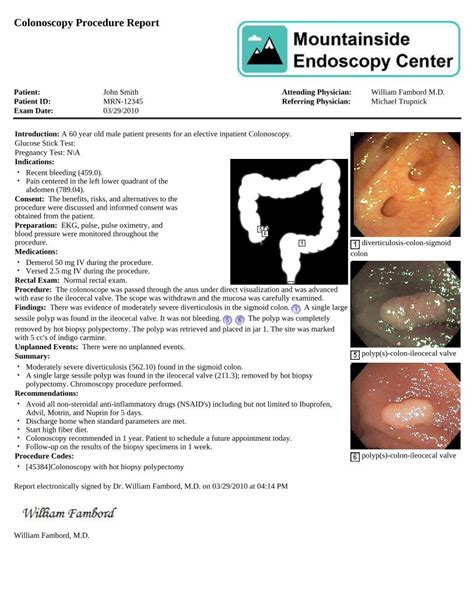
What to Expect During the Procedure
During the procedure, the doctor may remove any polyps or tissue samples for further examination. The procedure usually takes around 30-60 minutes to complete, and patients can typically return home the same day. It's essential to have a clear understanding of the procedure and what to expect, as this can help reduce anxiety and stress.Tip 1: Follow a Clear Liquid Diet
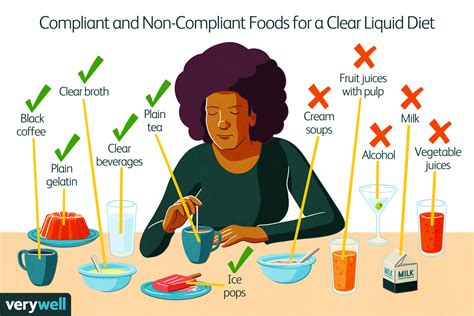
Examples of Clear Liquids
Some examples of clear liquids that are safe to consume during this time include: * Water * Clear broth * Electrolyte-rich beverages like sports drinks * Clear juices like apple or grape juice * Tea or coffee without cream or sugarTip 2: Avoid Certain Foods and Drinks

Why These Foods and Drinks Should be Avoided
These foods and drinks can leave residue in the colon and rectum, which can interfere with the procedure. By avoiding them, patients can help ensure a clean and clear colon and rectum, which is essential for a successful colonoscopy.Tip 3: Take Your Medications as Directed
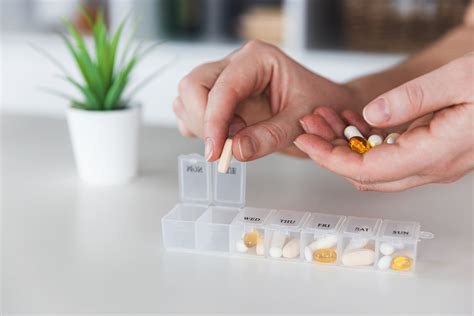
Why Medication Instructions are Important
Medication instructions are crucial to ensure patient safety during the procedure. By following the doctor's instructions, patients can help reduce the risk of complications and ensure a successful colonoscopy.Tip 4: Use a Bowel Prep Kit
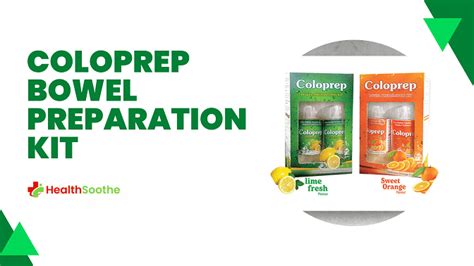
How to Use a Bowel Prep Kit
To use a bowel prep kit, patients should follow the instructions provided by their doctor or the manufacturer. This typically involves mixing the medication with water and drinking it over a period of time. Patients should also be prepared for the possibility of diarrhea or stomach cramps, as these are common side effects of the medication.Tip 5: Stay Hydrated

Why Hydration is Important
Hydration is crucial during the preparation period, as it can help prevent dehydration and electrolyte imbalances. By drinking plenty of clear liquids, patients can help ensure they stay hydrated and healthy throughout the procedure.Tip 6: Plan for Transportation and Accommodation
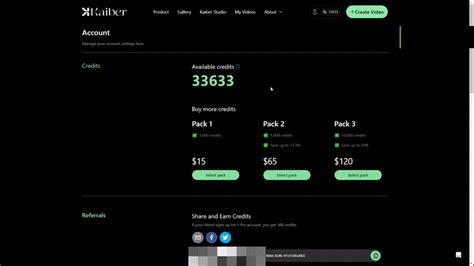
Why Planning is Important
Planning is essential to ensure patient safety and comfort after the procedure. By having a plan in place, patients can help reduce anxiety and stress, and ensure a smooth and safe recovery.Tip 7: Ask Questions and Seek Support
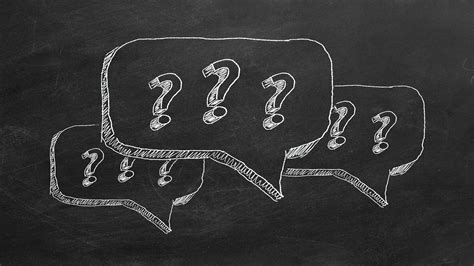
Why Support is Important
Support is essential to help patients feel more confident and prepared for the procedure. By asking questions and seeking support, patients can help reduce anxiety and stress, and ensure a positive experience overall.What is a colonoscopy?
+A colonoscopy is a medical procedure that allows doctors to visually examine the inside of the colon and rectum for any signs of cancer, polyps, or other abnormalities.
How long does a colonoscopy take?
+A colonoscopy typically takes around 30-60 minutes to complete, and patients can usually return home the same day.
What are the risks and complications of a colonoscopy?
+The risks and complications of a colonoscopy include bleeding, infection, and perforation of the colon or rectum. However, these complications are rare and can be minimized by following the doctor's instructions and taking the necessary precautions.
How often should I have a colonoscopy?
+The frequency of colonoscopies depends on individual risk factors and medical history. Generally, adults over 50 should have a colonoscopy every 10 years, while those with a family history of colon cancer or other risk factors may need to have the procedure more frequently.
Can I eat before a colonoscopy?
+No, patients should not eat before a colonoscopy. A clear liquid diet is usually recommended 24 hours before the procedure to help cleanse the colon and rectum.
In conclusion, preparing for a colonoscopy requires careful attention to detail and a commitment to following the doctor's instructions. By following these 7 tips, patients can help ensure a safe and effective procedure, and reduce the risk of complications. Remember to stay hydrated, follow a clear liquid diet, and take your medications as directed. With the right preparation and support, patients can feel more confident and prepared for their colonoscopy, and take the first step towards maintaining good colon health. We encourage readers to share their experiences and tips for colonoscopy preparation in the comments below, and to consult with their doctor if they have any questions or concerns about the procedure.
